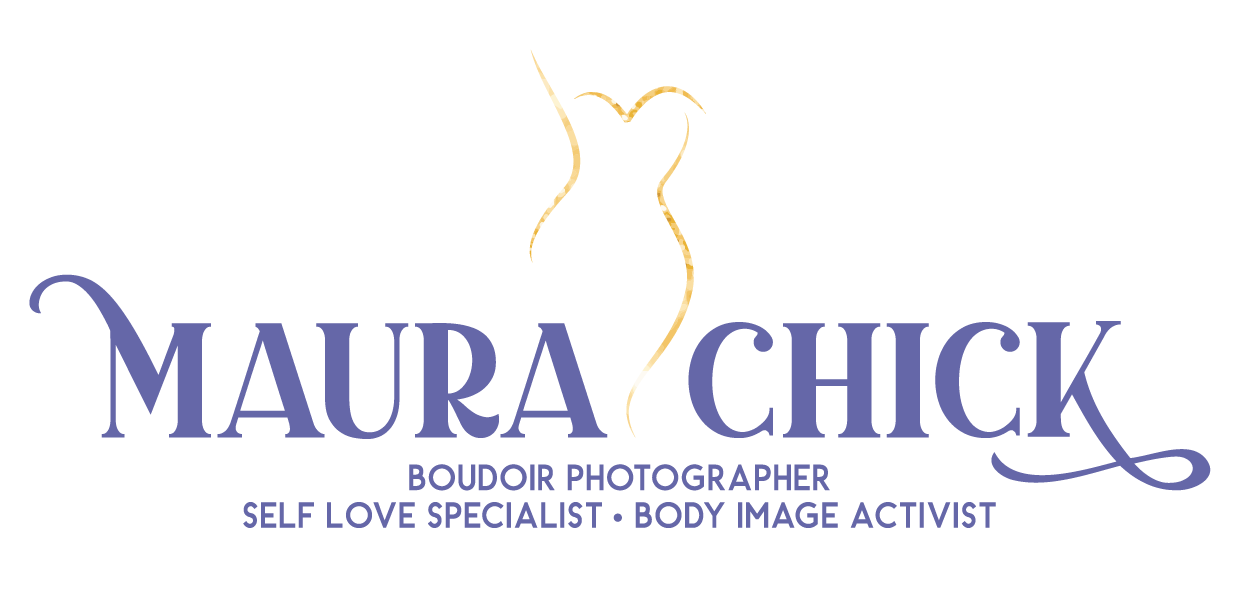I Didn’t Just Learn About People Pleasing — I Lived It
For most of my life, I didn’t have the language for what I was doing.
I just knew that keeping my dad happy felt like survival.
If you’ve been around someone who tries to control the emotional weather in the room, you know how quickly you start monitoring every move, every word, every tone. You learn to soften yourself, to anticipate, to manage their mood before they even ask.
With my dad, that became my normal. I learned early on that it was easier to keep the peace than to speak up. It was easier to fix than to risk being seen as difficult. But on the rare occasions when I had to say no to him, the guilt was crushing.
The manipulation would surface in subtle ways—a tone, a comment, a look—and I’d feel the weight of disappointing him settle on my shoulders. I carried this relentless pressure to be everything he needed me to be, as if my value in his eyes determined my worth as a person.
I became so consumed with how he felt about me, how he saw me, that I didn’t even notice I was disappearing in the process. I wasn’t living for myself anymore. I was living for his comfort, his approval, his needs—and in doing so, I’d become nothing to myself.
The Breaking Point
There were moments—some small, some huge—when I realized this pattern wasn’t just about my dad.
It had bled into my friendships. My romantic relationships. My work.
Everywhere I looked, I was over-functioning. Saying yes when I was screaming no inside. Apologizing for things I didn’t do. Avoiding hard conversations because I couldn’t stand the thought of someone being upset with me.
And the cost? I was exhausted. Resentful. Disconnected from myself. I didn’t even know what I wanted anymore—only what would keep other people calm.
Learning the Truth About People Pleasing
When I finally started doing the work, I realized people pleasing wasn’t kindness—it was self-protection. I wasn’t giving from love, I was giving from fear.
Fear of conflict.
Fear of rejection.
Fear of not being needed.
It was the same pattern I’d played out with my dad my entire life—believing my value came from how much I could give, do, and manage.
The Shift That Changed Everything
I created The People Pleasing Cure because I didn’t just want to stop these patterns—I wanted to understand them, dismantle them, and replace them with something healthier.
Working through the steps I now teach in my program gave me the tools to:
-
Stop managing other people’s emotions (yes, even my dad’s)
-
Set boundaries without drowning in guilt
-
Put my needs on the same level as everyone else’s—not above, not below
-
Rebuild relationships from a place of honesty, not silent resentment
And here’s the most surprising part: I didn’t lose connection. In fact, I gained more peace than I thought possible—both within myself and in my relationships.
Why I’m Sharing This With You
I want you to know that I’m not talking about people pleasing from the outside. I’m talking about it from the trenches. I’ve felt the knot in your stomach when you even think about saying no. I’ve lived the exhaustion of trying to be who everyone needs you to be. I’ve experienced the grief of realizing how much of myself I’d given away.
And I’ve also felt the freedom of walking into a room without scanning it for tension.
Of speaking up without rehearsing my words a thousand times.
Of letting someone else feel what they feel—and knowing it’s not my job to fix it.
You can have that too. You don’t have to keep sacrificing yourself just to feel loved.
If this feels personal to you, it’s because it is. I’ve lived it. And if you’re ready to live differently, I’ll walk that path with you. That’s why I created The People Pleasing Cure—because peace in your relationships starts with peace within yourself.

